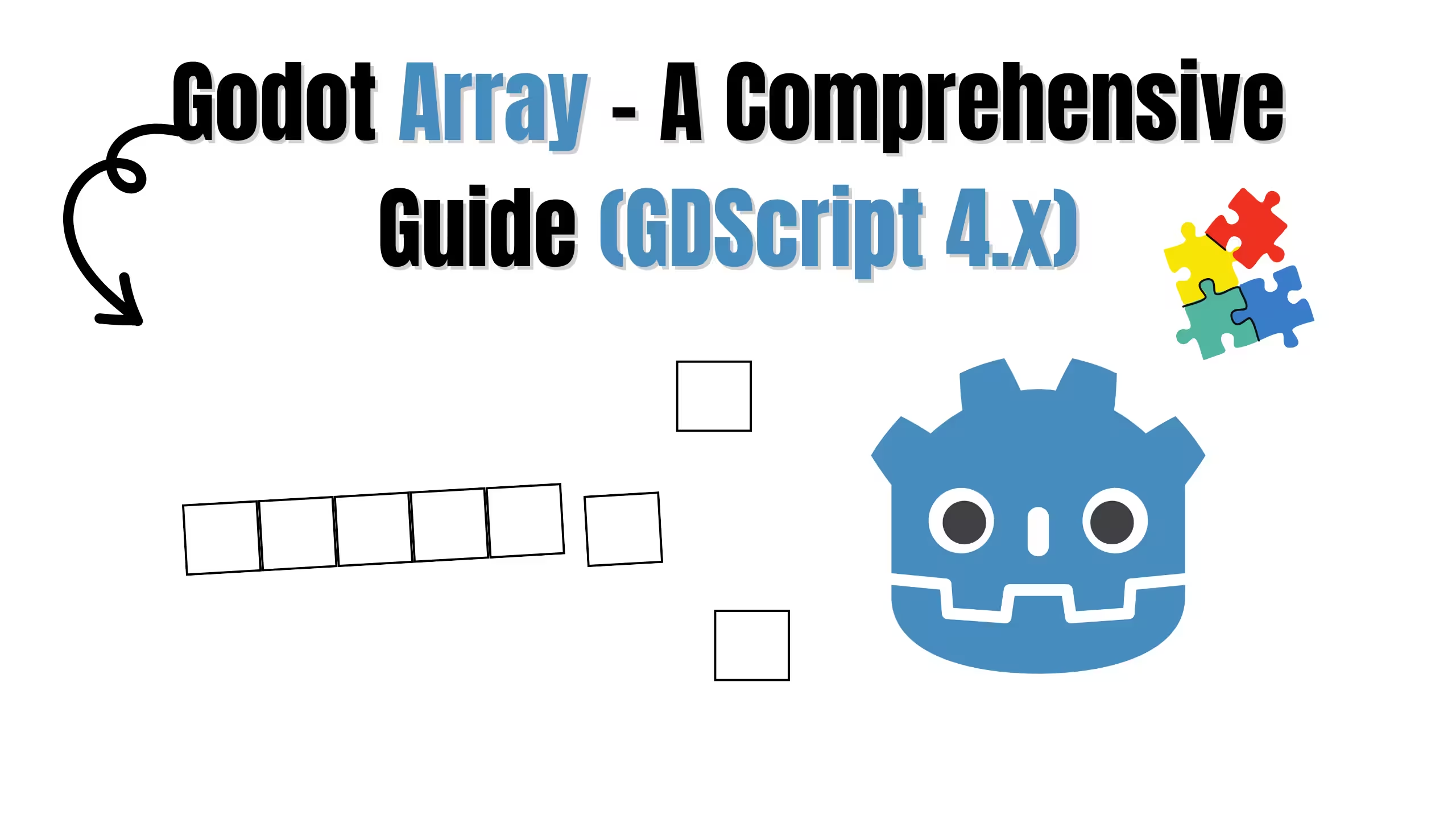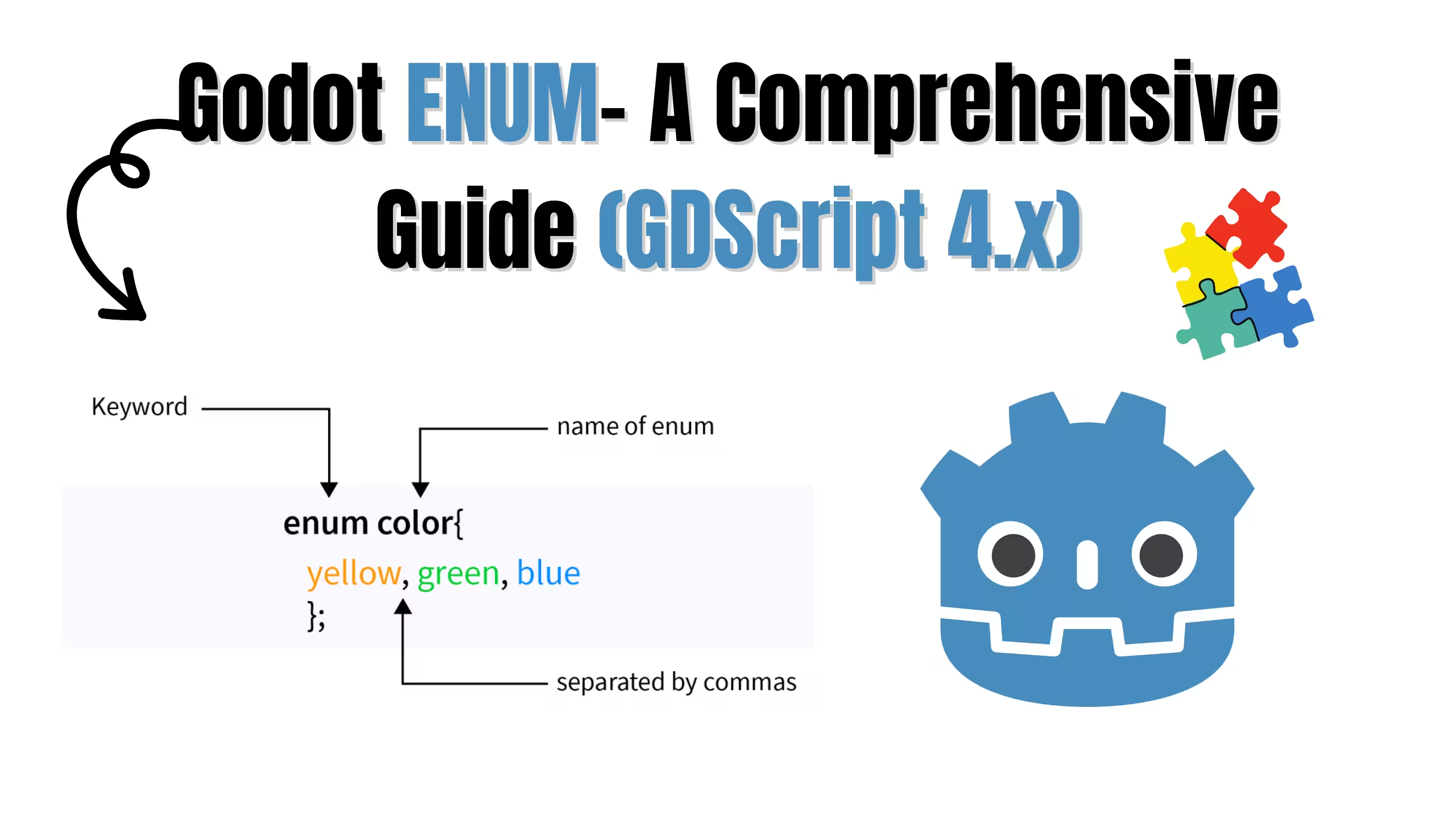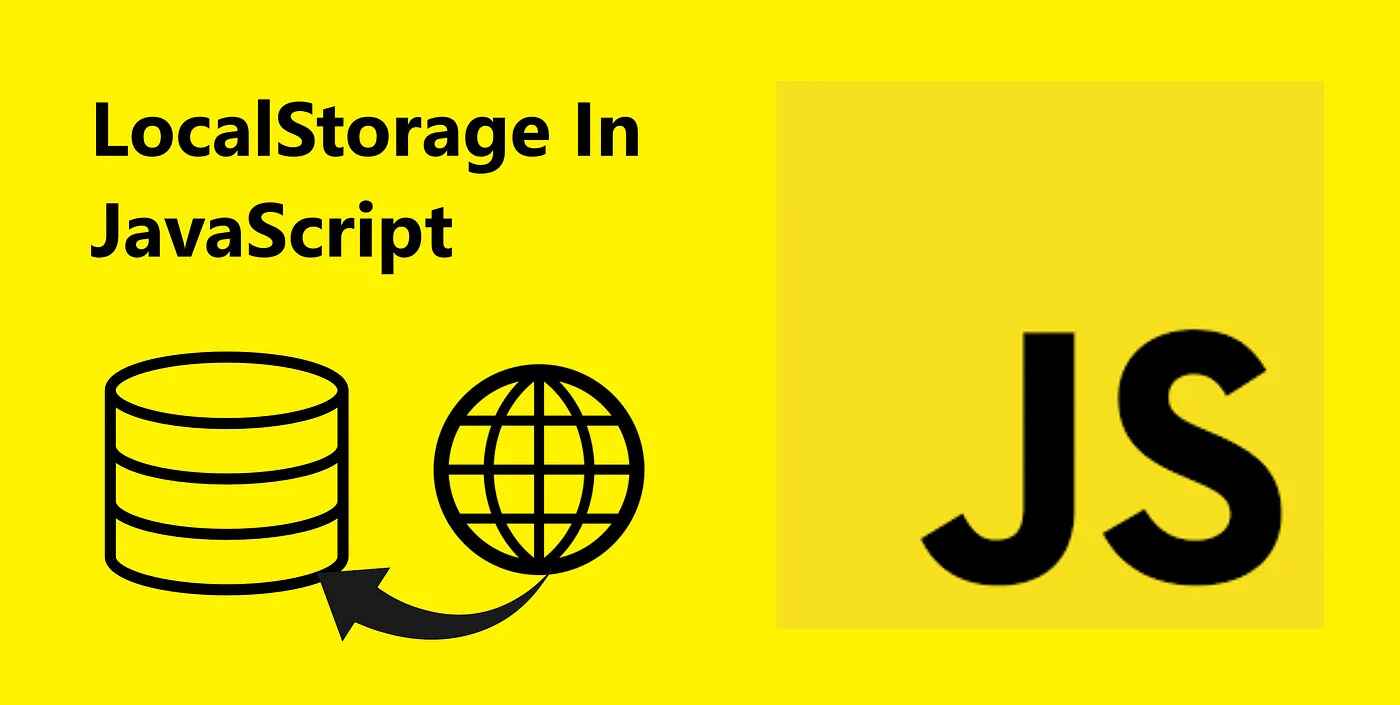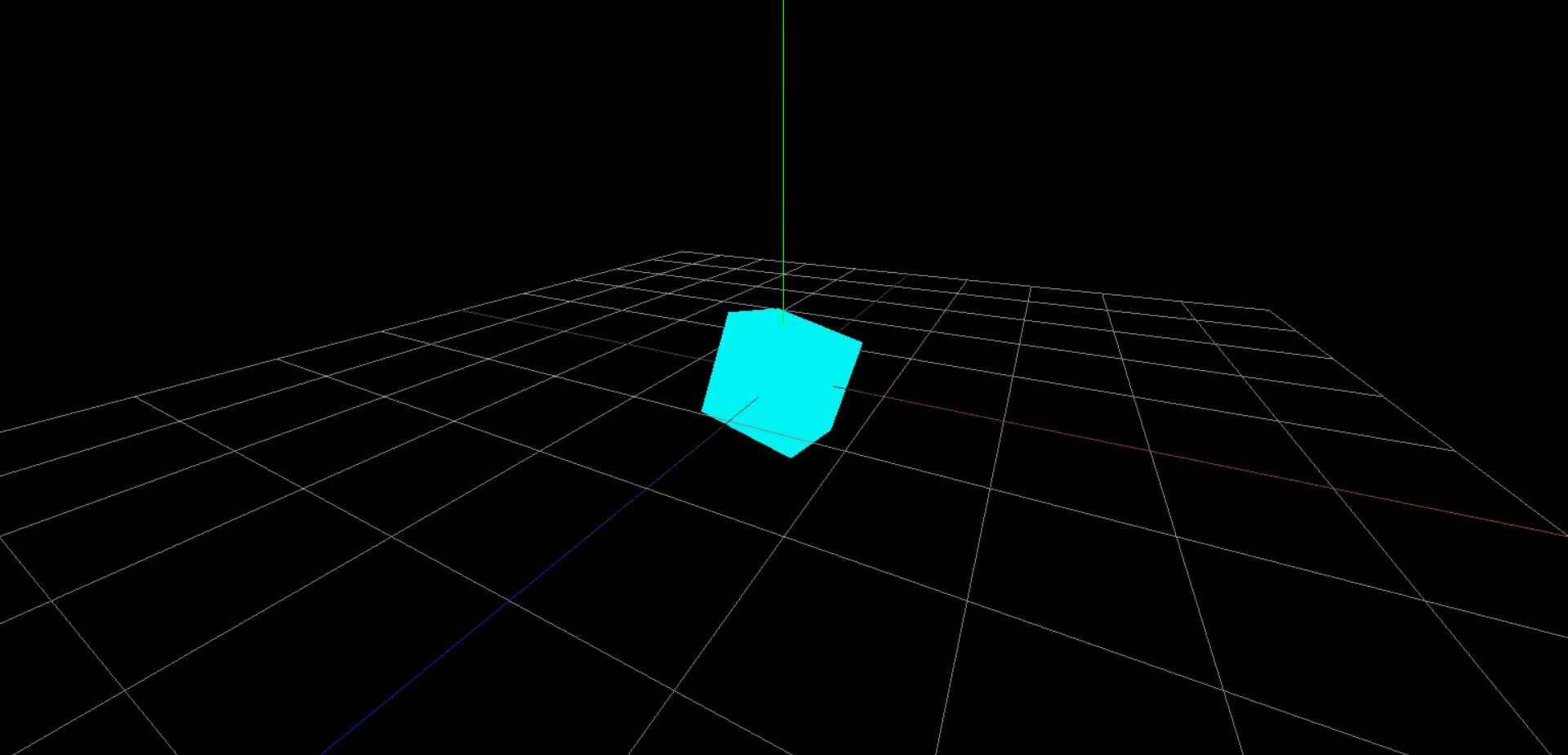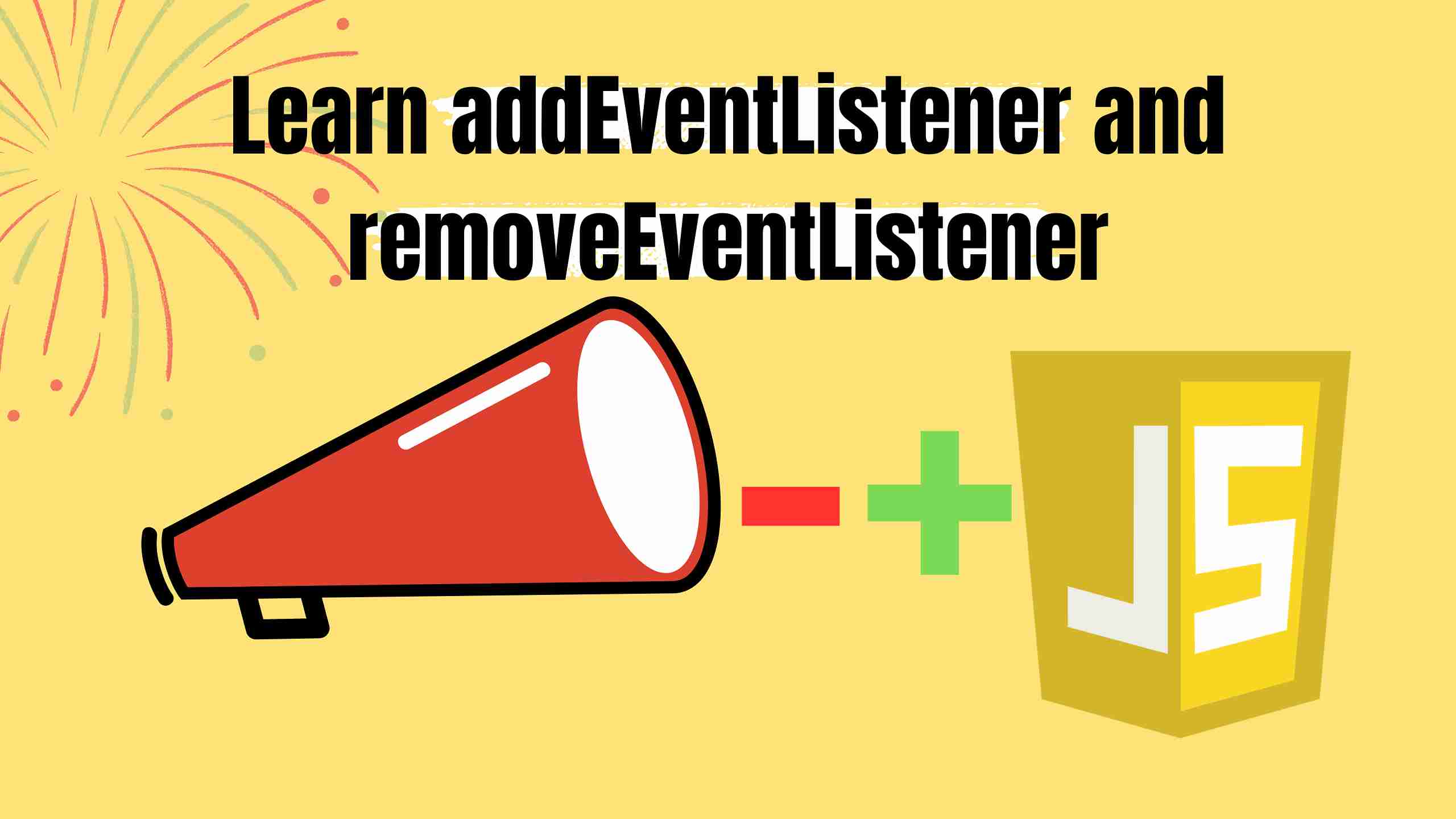Godot vs Unity - A Comprehensive 2025 Guide
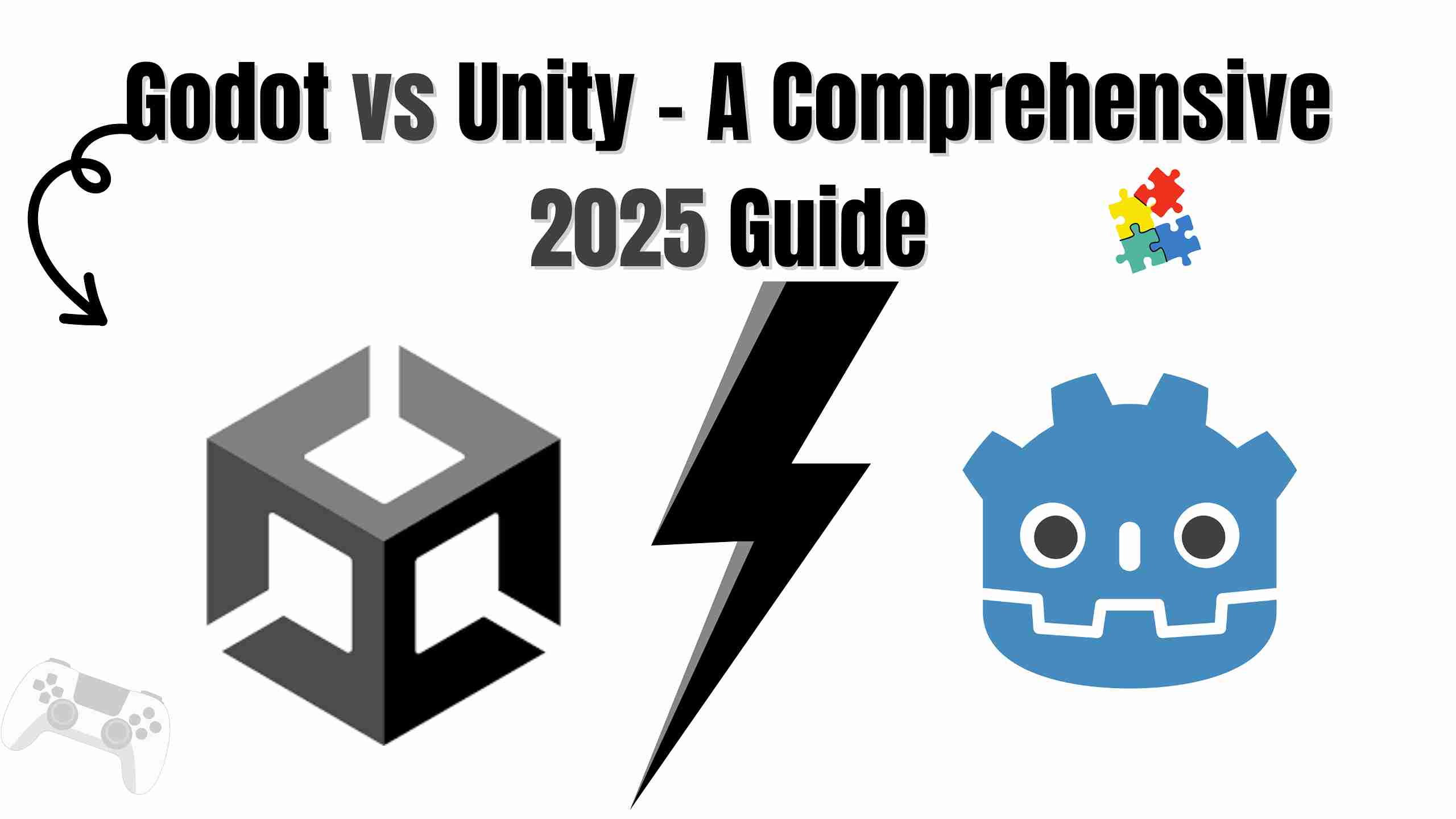
If you're starting a new game project (or reconsidering your current one), the "Godot vs Unity" decision might feel bigger than the game itself. Both engines are powerful, mature, and battle-tested—but they differ in philosophy, architecture, tooling, extensibility, and business implications.
In this in‑depth guide, we’ll break down Godot vs Unity across every meaningful dimension so you can choose with confidence. Whether you're building a tiny pixel-art roguelike or a cross-platform 3D multiplayer prototype, by the end you'll know which engine lines up with your priorities—and what trade-offs you’re truly making.
High-Level Philosophy
Unity positions itself as a universal production platform serving indies, enterprises, simulation, XR, advertising, and film pre‑viz. It’s feature-dense, extensible, and monetization-aware. Godot focuses on being a lightweight, open, accessible, community-driven engine that favors transparency, hackability, and minimal friction.
| Dimension | Unity | Godot |
|---|---|---|
| Governance | For‑profit corporation | Open-source foundation model |
| Licensing Goal | Monetize tooling + services | Keep engine free & community-driven |
| Architecture | Component (GameObject + MonoBehaviours) | Node + Scene Tree (composition-first) |
| Source Access | Limited (C++ not editable unless source license) | Full (MIT, fork freely) |
| Scripting Mentality | C# heavy, service integration | GDScript first; fast iteration |
Godot feels smaller, faster to internalize, and more modifiable. Unity feels industrial, integrated, and ecosystem-rich.
Licensing & Cost (2025 Snapshot)
Unity’s licensing controversies (notably runtime fee proposals) made many teams re‑evaluate engine dependencies. Current reality (always verify): free tiers exist up to revenue thresholds; advanced tooling and priority support sit behind paid tiers.
Godot: MIT License, no royalties, no tracking, no revenue gates. You can ship, fork, strip, or embed it—even in proprietary pipelines—without legal friction.
Why This Matters
- Investors and publishers now care about engine risk.
- Long-lived live-service games benefit from predictable licensing.
- Export customization or console targets may require deeper access (Godot offers patchability; Unity relies on built-in black boxes).
Engine Architecture & Mental Model
Unity (GameObject + Components)
Everything lives as a GameObject containing Components. Behavior = MonoBehaviour scripts updating every frame. Powerful but can encourage deep update loops and script sprawl if not architected carefully.
Godot (Scene Tree + Nodes)
Everything is a Node inside a hierarchical scene graph. Scenes can be instantiated, nested, and turned into reusable prefabs effortlessly. Signals (Godot’s event system) encourage decoupled communication.
Quick Contrast Example
textUnity: Player (GameObject) - Transform - Sprite Renderer - PlayerController.cs - Health.cs
textGodot: Player (Node2D) - Sprite - CollisionShape2D - AnimationPlayer - Script: player.gd
Godot’s hierarchy-first approach often reduces boilerplate and clarifies ownership.
Scripting & Languages
| Aspect | Unity | Godot |
|---|---|---|
| Primary | C# (modern) | GDScript (Python-like) |
| Additional | C++ plugins, Visual Scripting, Burst/Jobs, DOTS (in progress) | C# (supported), C++ modules, Visual Script (revamped), Rust (via GDNative / GDExtension) |
| Iteration Speed | Domain reload can slow cycles (improved with Enter Play Mode Options) | Extremely fast reload; scripts recompile near-instantly |
Choosing Between C# and GDScript
- Need ecosystem libs + strong typing + patterns you already know? Unity & C# excel.
- Want rapid prototyping + minimal ceremony? Godot & GDScript shine.
- Hybrid: Use GDScript for gameplay iteration, shift hotspots to C++/Rust modules later (Godot makes this feasible).
Performance Overview
Raw engine performance varies by workload.
| Domain | Unity Strength | Godot Strength |
|---|---|---|
| High-end 3D HDRP visuals | Unity (HDRP pipeline, advanced lighting) | Catching up; 4.x improved rendering |
| Lightweight 2D & UI | Competitive but sometimes heavier | Extremely lean & purposeful |
| Mobile builds | Mature pipeline & tooling | Smaller runtime size (especially 2D) |
| Multithreading | DOTS + Jobs (complex) | Still evolving; some subsystems threaded |
| Memory control | Profiler & Addressables | Lighter footprint; manual tuning via source |
Optimization Flexibility
With Godot you can literally edit the engine for niche performance wins. In Unity you rely on provided subsystems (unless licensed source). For 95% of indie use cases, both engines perform adequately; differences appear at scale (thousands of entities, streaming terrains, heavy VFX).
2D vs 3D Tooling
| Area | Unity | Godot |
|---|---|---|
| 2D Physics | Box2D + custom; robust | Purpose-built; integrated tightly |
| Tilemaps | Advanced (rule tiles, extras via packages) | Simple, fast, scriptable, layered |
| 3D Lighting | Advanced pipelines (URP/HDRP) | Forward+ & Vulkan improvements |
| Shaders | Shader Graph + hand-written HLSL | Godot Shader Language (GLSL-like), visual shader editor |
| Animation | Mecanim, Timeline, Cinemachine | AnimationTree, AnimationPlayer, blend spaces |
If your focus is a pure 2D pixel or vector game, Godot often feels frictionless. For cinematic real-time 3D with complex rendering stacks, Unity is still ahead—but the gap narrows each minor Godot release.
Asset Pipeline & Import
Unity’s asset pipeline leverages meta files, GUID mapping, reimport hooks, addressable asset management, and third-party store packages.
Godot uses a virtual filesystem with on-disk folders; resources are human-readable (TRES/RES) and assets auto-import with deterministic outputs.
Practical Differences
- Git merging in Godot is usually cleaner.
- Unity’s Addressables solve large content streaming; Godot requires more manual structuring.
- Godot’s importers are readable & modifiable; Unity’s are configurable but not open at the engine level.
UI Systems
Unity: Old UGUI, newer UI Toolkit (web/CSS-like), and runtime layering challenges.
Godot: Single consistent Control node system with layout containers, anchors, and themes. Smaller learning curve, less fragmentation.
Scene Management & Prefabs
- Unity Prefabs: Powerful nested prefabs now stable; overrides can still become brittle in large hierarchies.
- Godot Scenes: Any scene is a prefab. Instancing + script signals = composability-first design.
Tooling & Editor Extensibility
Unity Editor Extensions (C#) + Asset Store = massive marketplace. Performance tools, visual scripting add-ons, shaders, AI behavior trees—ready out-of-the-box.
Godot offers EditorPlugins (GDScript/C#/C++). While fewer polished marketplace assets, you can internalize and modify tools quickly. If you value autonomy > marketplace speed, Godot is appealing.
Ecosystem & Community
| Factor | Unity | Godot |
|---|---|---|
| Asset Marketplace | Huge (paid & free) | Growing, mostly open |
| Learning Material | Massive (official + YouTube + courseware) | Rapidly expanding, especially post-licensing shifts |
| Hiring Talent | Larger pool of experienced devs | Smaller but passionate |
| Long-term Stability | Corporate direction shifts risk | Transparent public roadmap |
Deployment & Platforms
Unity: Wide official support (PC, mobile, consoles, XR, WebGL). Console publishing easier due to established relationships. Godot: PC, mobile, Web, with improving console support via third parties (need exporter services or custom porting for NDA platforms).
Build Size & Speed
Godot builds (especially 2D) can be much smaller. Unity’s IL2CPP + managed runtime adds overhead. Iteration (press Play) in Godot often feels immediate.
When to Choose Unity
Pick Unity if you:
- Need AAA-adjacent visual fidelity with existing tooling.
- Rely on marketplace speed to bootstrap features.
- Target VR/AR/XR heavily.
- Require advanced monetization, analytics, Ads/Mediate SDK integrations quickly.
- Need a large hiring pool.
When to Choose Godot
Pick Godot if you:
- Want full engine transparency (debug into rendering, physics, etc.).
- Care about predictable licensing for long-term or open-source projects.
- Focus on 2D (or stylized 3D) with rapid iteration.
- Prefer a minimalist, composable scene system.
- Want to extend with Rust/C++ without gatekeeping.
Migration Considerations
| Migration | Unity -> Godot | Godot -> Unity |
|---|---|---|
| Scenes/Prefabs | Rebuild logic; map components to nodes | Repack nodes into GameObjects |
| Scripts | C# -> GDScript or keep C# | GDScript -> C# (rewrite) |
| Shaders | HLSL/Shader Graph rewrite | Godot shader rewrite |
| Animation | Retarget via FBX/GLTF | Recreate AnimationTree graphs |
Strategy Tip: Migrate a thin vertical slice (menu + one gameplay loop) before committing whole project.
Sample Player Movement (Side-by-Side)
Unity (C#)
csharpusing UnityEngine; public class PlayerMove : MonoBehaviour { public float speed = 5f; void Update() { var x = Input.GetAxisRaw("Horizontal"); var y = Input.GetAxisRaw("Vertical"); Vector3 dir = new Vector3(x, y, 0).normalized; transform.position += dir * speed * Time.deltaTime; } }
Godot (GDScript)
gdscriptextends CharacterBody2D var speed := 300.0 func _physics_process(delta: float) -> void: var dir = Vector2.ZERO dir.x = Input.get_action_strength("ui_right") - Input.get_action_strength("ui_left") dir.y = Input.get_action_strength("ui_down") - Input.get_action_strength("ui_up") if dir.length() > 0: velocity = dir.normalized() * speed else: velocity = Vector2.ZERO move_and_slide()
Frequently Asked Questions
1. Which engine is better for absolute beginners?
Godot’s cleaner UI, rapid script reloads, and scene system reduce early overwhelm. Unity has more tutorials but also more initial surface area.
2. Is Unity still safe after licensing controversies?
It remains widely used—but if strategic platform risk worries you, Godot’s MIT model offers certainty.
3. Can I use C# in Godot and keep familiarity?
Yes. C# integration is solid (especially in 4.x). Some APIs differ; tooling (debugging, hot reload) is simpler but effective.
4. Which engine exports smaller builds?
Generally Godot for 2D/mobile. Unity can be optimized, but baseline builds are heavier.
5. Is Godot viable for commercial 3D games?
Yes—especially stylized or mid-scope titles. For bleeding-edge photorealistic pipelines, Unity (or Unreal) still ahead.
6. What about DOTS vs Godot’s ECS?
Unity’s DOTS (ECS + Burst + Jobs) is powerful but evolving. Godot doesn’t center ECS; you compose via nodes + scripts. You can still design data-driven patterns manually.
7. How easy is engine customization?
Godot: clone source, patch, rebuild. Unity: limited unless you purchase source access. Extensibility in Unity is mostly via plugins.
Conclusion
Choosing Godot vs Unity isn’t about which engine is universally superior—it’s about alignment with your constraints: budget, team size, performance profile, platform targets, and risk appetite. Unity offers industrial tooling, marketplace velocity, and advanced pipelines. Godot offers transparency, agility, licensing peace of mind, and elegant 2D/scene workflows.
If you: want to experiment fast, ship lean builds, and own your stack—Godot feels empowering. If you: need XR integrations, cinematic 3D pipelines, or enterprise-ready analytics—Unity accelerates you.
Whichever you choose, prototype early, measure actual bottlenecks, and resist premature engine switching. Games ship because of execution consistency—not engine choice.
Follow and Support me on Medium and Patreon. Clap and Comment on Medium Posts if you find this helpful for you. Thanks for reading it!!!

